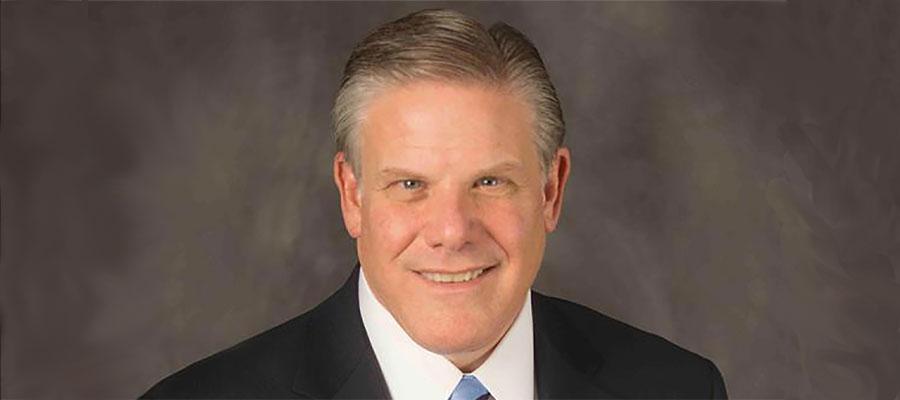Lown Institute Report on Hospital Community Benefits Falls Short

The mission of all hospitals and health systems, regardless of size and type of ownership, is to care for their patients and communities. In fact, an Ernst and Young report from 2019 demonstrates that for every dollar invested in non-profit hospitals and health systems through the federal tax exemption, $11 in benefits is delivered back to communities. And, a 2020 report from the AHA found that tax-exempt hospitals provided $100 billion in total benefits to their communities in 2017 alone, the most recent year for which comprehensive data is available.
In addition to providing financial assistance to those in need, hospitals have programs that are responsive to their community’s needs. These include help with housing, accessing healthy food, educational programs, health screenings, transportation to ensure patients arrive at needed medical appointments, vaccination clinics and other programs to address the many other needs that affect the community’s health and well-being.
The Lown Institute’s recent report on hospital community benefits fails to account for key areas where hospitals provide community assistance, many of which were spotlighted so acutely during the COVID-19 pandemic. In fact, many of the hospitals that Lown claims fall short on providing community benefits cared for an enormous number of COVID-19 patients and stepped up to meet other community needs because they were in the hardest hit “hot spot” communities during the height of the pandemic. For example, the hospital field established vaccine clinics and are doing outreach to ensure everyone has access to vaccines.
By cherry-picking categories of community investment while ignoring others, such as researching life-saving treatments and cures and training and educating the next generation of caregivers, the report overlooks many essential contributions hospitals make to their communities that are critically important, especially during the pandemic. For example, a number of hospitals invested funds and expertise into developing COVID-19 tests after setbacks from public health agencies, which added to our country’s testing capacity at a pivotal point in the pandemic.
Hospitals also bear many uncompensated and unreimbursed costs. For instance, hospitals not only provide financial assistance to patients, but also “relieve government burden,” a touchstone of tax exemption, by absorbing underpayments from means-tested government programs such as Medicaid, as well as unreimbursed Medicare expenses. Further, hospitals provide benefits by covering the costs attributable to patients who would have qualified for financial assistance but did not apply.
In addition, hospitals subsidize the high cost of the many essential services they provide, such as burn and neonatal units, even as the cost of providing care continues to go up due to a range of factors including the rising costs of drugs, labor and supplies and equipment.
America’s hospitals and health systems do more than any other part of the health care field to support vulnerable patients: Our doors are always open, regardless of a patient’s ability to pay. In total, hospitals of all types have provided more than $702.51 billion in uncompensated care to patients since 2000 for which no payment was received for patients in need.
Rick Pollack is president and CEO of the AHA.

